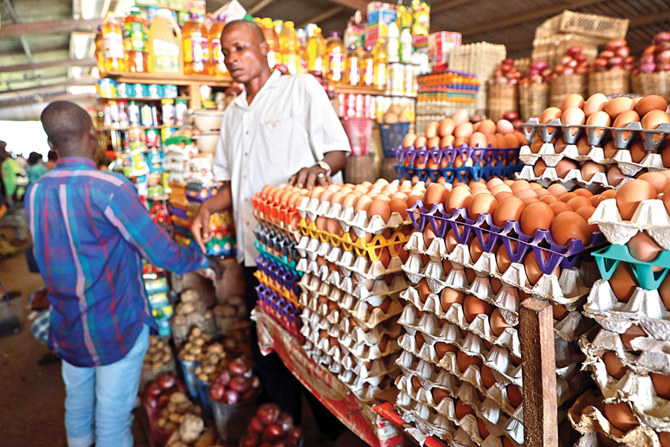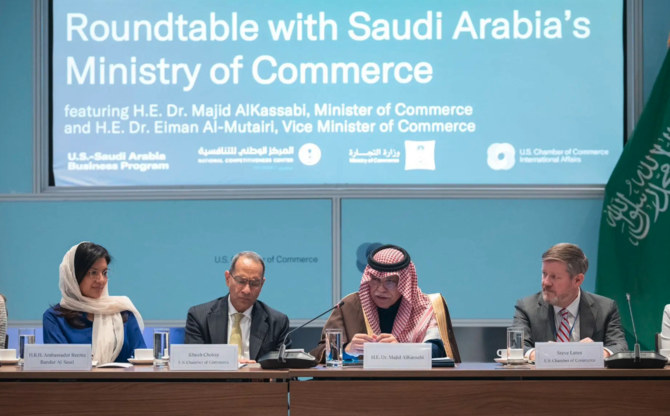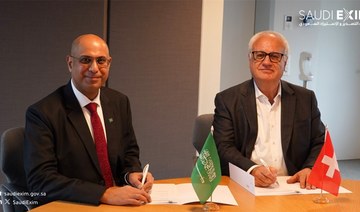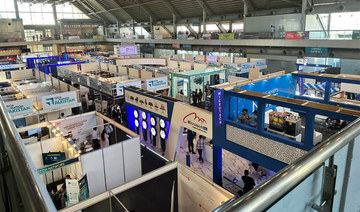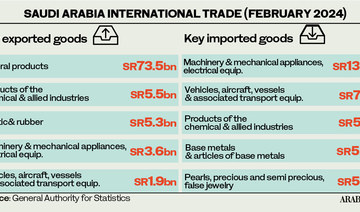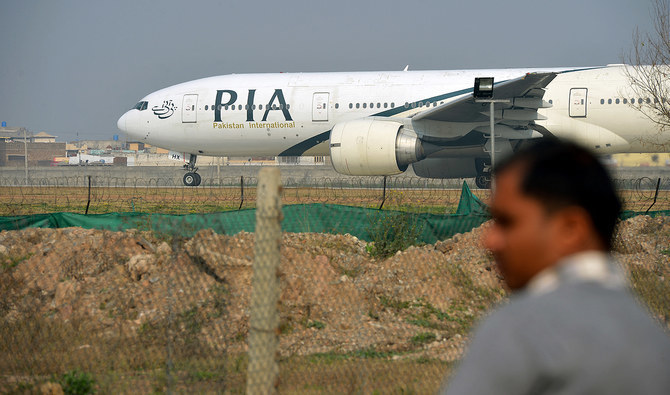LAGOS: Two months ago, Nigeria slapped restrictions on cross-border trade with its neighbors, but there are mixed signals as to whether the controversial move is benefitting the country.
On August 19, President Muhammadu Buhari dramatically closed Nigeria’s land frontiers to goods traded with Benin, Cameroon, Chad and Niger, saying its economy needed to be protected from rampant smuggling.
The move has met with howls of pain in Benin especially, and cast a shadow over a newly-minted agreement to scrap restrictions on trade among African economies.
But has it been beneficial for Nigeria, as the government has sought?
Evidence seen by AFP suggests that any benefits are at the macro level — and the country’s many poor are likely to be among the losers.
The two main commodities being smuggled were petrol and rice.
Petrol was being sneaked out from Nigeria, where subsidies make the fuel half as cheap as in its neighbors, and resold.
Rice, on the other hand, was being brought into Nigeria, where consumers favor imported Asian-grown varieties over the locally-grown competitor, from Benin via its port in Cotonou.
The most visible winner from the closure is the Nigerian treasury, which has benefitted from the falling cost of petrol subsidies and from a rise in customs receipts.
“Nigeria, to its detriment, may have inadvertently subsidised (fuel) supply to a few West African countries for more than 12 years,” the Nigerian consultancy Cardinal Stone said in a report this month.
Sales of gasoline in Nigeria fell by 12.7 percent after the border closure, which indicates that millions of subsidised liters are being secretly taken abroad for resale, it said.
The reduction in consumption, if sustained at current levels, could lead to subsidy savings of around 13.5 billion naira ($37 million) monthly and 162.1 billion naira annually, it estimated.
In early October, Nigeria’s customs chief, Hameed Ali, said customs receipts had reached a record level, of five billion naira daily, since the closure, with the bustling port of Lagos benefitting most as imports rise through official channels.
As for rice, the country’s agriculture lobby is loudly supporting the border closure.
Ade Adefeko, a senior executive in charge of corporate relations with the food giant Olam, said investment in the Nigerian agricultural sector was being hamstrung by the rice trafficking, which is estimated to reach two million tons a year.
Olam has the biggest rice-growing business in Nigeria, owning 13,000 hectares of cultivable land of which only 4,500 hectares are being used because the sector is “not profitable” in the face of competition from Asian rice, he said.
However, “since the border closure, locally-milled rice has started selling, and the entire rice value chain has been positively impacted by the closure,” Adefeko said.
He called for the border closure to be maintained “until the end of the year, and see how it goes on a longer term.”
On Monday, Hameed told reporters there was no “time limit ... It will continue as long as we can get the desired results.”
But if the border closure is a boost for domestic growers, it has led to price increases for consumers.
The price of a 50 kilogram bag has more than doubled to 20,000 naira, roughly the entire monthly income of a Nigerian living in extreme poverty — of whom there are an estimated 87 million in the country.
Traders in Lagos Island, a vast market of “made in China” textiles and gadgets, say the closure of the borders had crippled supplies via Benin’s largest city Cotonou.
“Lagos’ port is too slow, and you have to pay too many bribes to get your goods out,” said a swimsuit hawker, adding “I have to cut down my margin by half.”
The annual inflation rate edged up to 11.24 percent in September, while food inflation ran at 13.51 percent.
A similar complaint is heard among people in Nigeria’s industrial sector, which is already struggling with the country’s notoriously poor transport system, as well as its frequent electricity shortages.
Trade with neighbors is essential, they say.
“The intention of stopping smuggling is praiseworthy but the point is that measures have an impact on us,” said a foreign investor who specializes in the import and export of manufactured goods.
“As usual in Nigeria, it’s all down to a question of strength — you crush first and talk later.”
Between 10 and 20 percent of Nigerian manufactured goods are sold to other countries in West Africa, with many of these items, such as pasta and cosmetics, exported through informal routes, mainly through small sellers who travel around the region.
“We need direct investments, we need industries to create jobs in this country,” said Muda Yusuf, director of the Chamber of Commerce in Lagos.
“Some people can celebrate but while they put their money to the bank, the rest of the people are suffering.”



